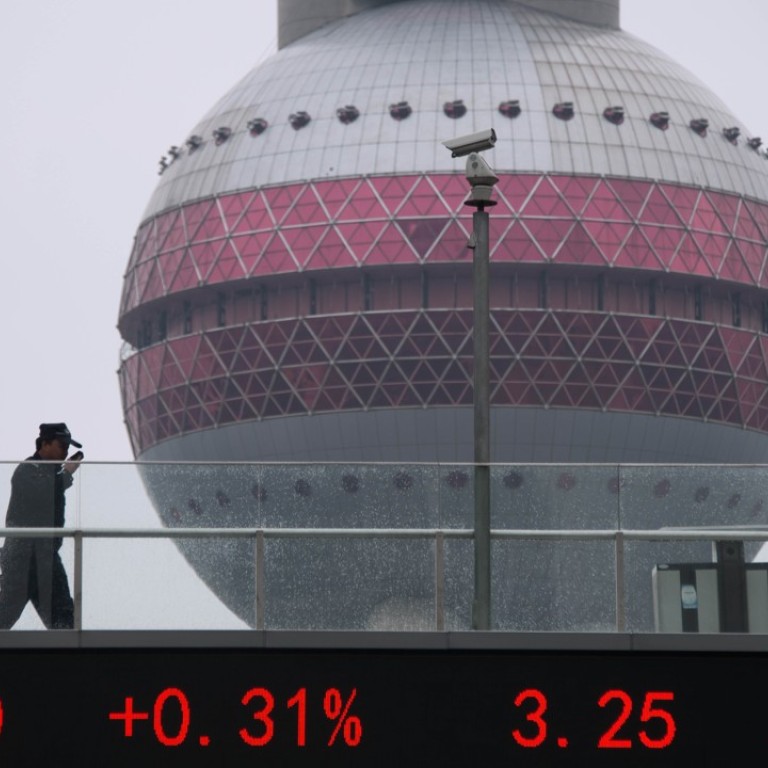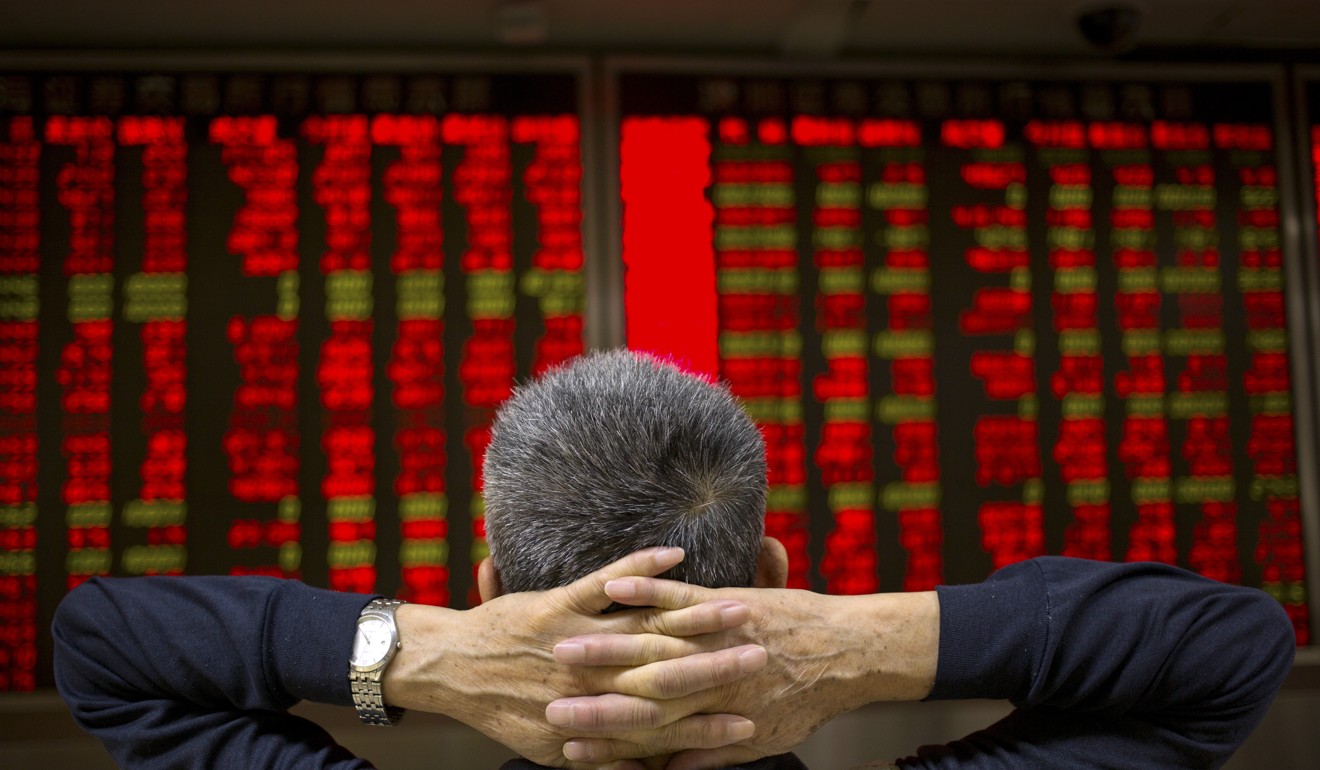
Stronger efforts called for at educating China’s 100 million retail investors
Worrying latest Shanghai Stock Exchange data suggests many still simply consider share buying and selling as short-term punting
Small-scale Chinese retail investors’ intimacy with “junk stocks” remains undiminished from a decade ago, despite regulators’ efforts at encouraging them to buy shares on valuation, rather than on rumour.
According to a senior official with the Shanghai Stock Exchange, the latest trading data shows that some underperforming and unprofitable stocks are still actively being chased by individual investors, who treat the equity market as a casino, hoping to get rich quickly.
The scenario adds further evidence to what a daunting task mainland regulators face in educating the more than 100 million retail investors on how volatile the nation’s share market can be.
On the mainland, investors are considered an individual stock player if their total equity investment on A-shares is worth no more than 500,000 yuan (US$75,8000).
The stock exchange official, speaking on condition of anonymity, would not disclose exact figures about small investors’ asset allocations, or profit and loss levels.

Last year, 2.2 trillion yuan (US$333 billion) worth of market capitalisation was wiped out amid a 12.3 per cent drop in the benchmark Shanghai Composite Index.
In a stock market rout in 2015, as much as US$5 trillion of market value evaporated between mid-June and late August with millions of retail investors getting burned in the crash, prompting Beijing to pump about 1.5 trillion yuan of rescue funds into the system to underpin the falling stocks, and avoid social unrest.
“Regulators have been making massive efforts to help retail investors change their investment strategies,” said Ma Hongman, a director of corporate studies institute at Antai College of Economics and Management. “Unfortunately, those efforts don't yet appear to be paying off.”
Most mainland small investors pursue short-term gains by speculating on unprofitable companies, betting that asset revamp deals orchestrated by local governments or parent firms might could bail them out, and drive up the prices in the future.
We hope to play a more positive role in helping China’s capital market find a healthier development model
The China Securities Regulatory Commission (CSRC) has been striving to bolster institutional buying in tandem with ambitions to internationalise the A-share market.
The two Stock Connect schemes linking the Hong Kong and mainland stock exchanges allow cross-border shares trading on each other’s markets.
Antai College of Economics and Management, recently published a list of top 100 A-share firms with solid fundamentals which include liquor maker Kweichow Mao-tai, the most expensive mainland-listed stock, whose shares closed at 622.35 yuan on Friday.
“We hope to play a more positive role in helping China’s capital market find a healthier development model,” said Yu Mingyang, a professor with Antai.
“Using more scientific methods can effectively help find [investors] which companies have the most sustainable earnings and are potentially the best buys.”
In November, mainland investors bought about 3.6 billion yuan worth of shares in Hong Kong via the Stock Connect links daily, the biggest monthly buying volume this year.
A capital influx from mainland investors has become one of the driving forces for a 21-month Bull Run in Hong Kong.

